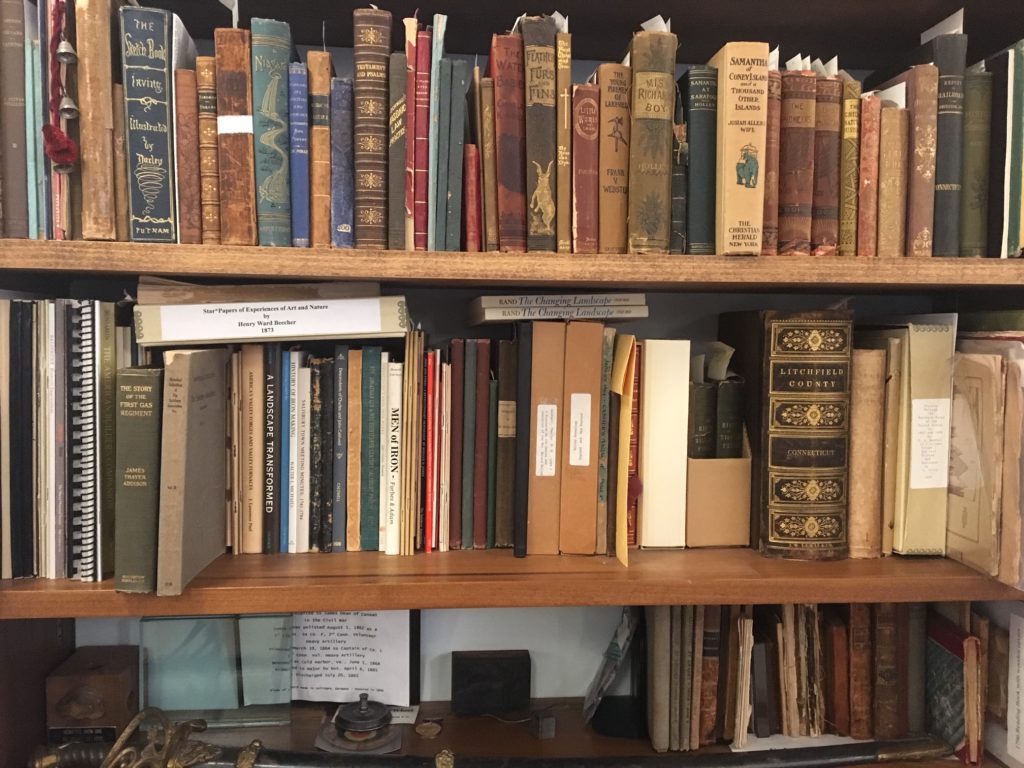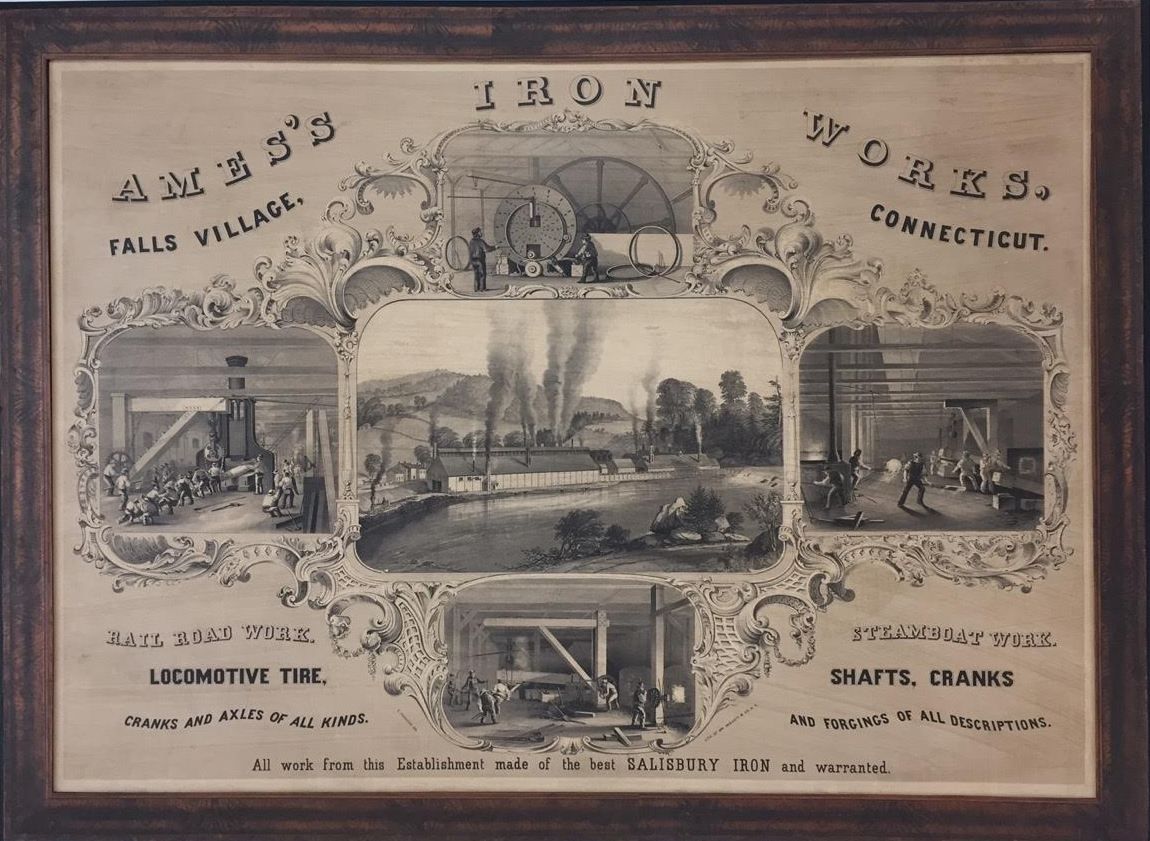Under the stewardship of the Historical Society, the Salisbury Association conserves collections of items significant to Salisbury and its history. These collections are used for exhibits, presentations, research, and publications that bring the Town’s rich past to light. The Historical Society also supports an oral history project which provides first-hand accounts of life in Salisbury.
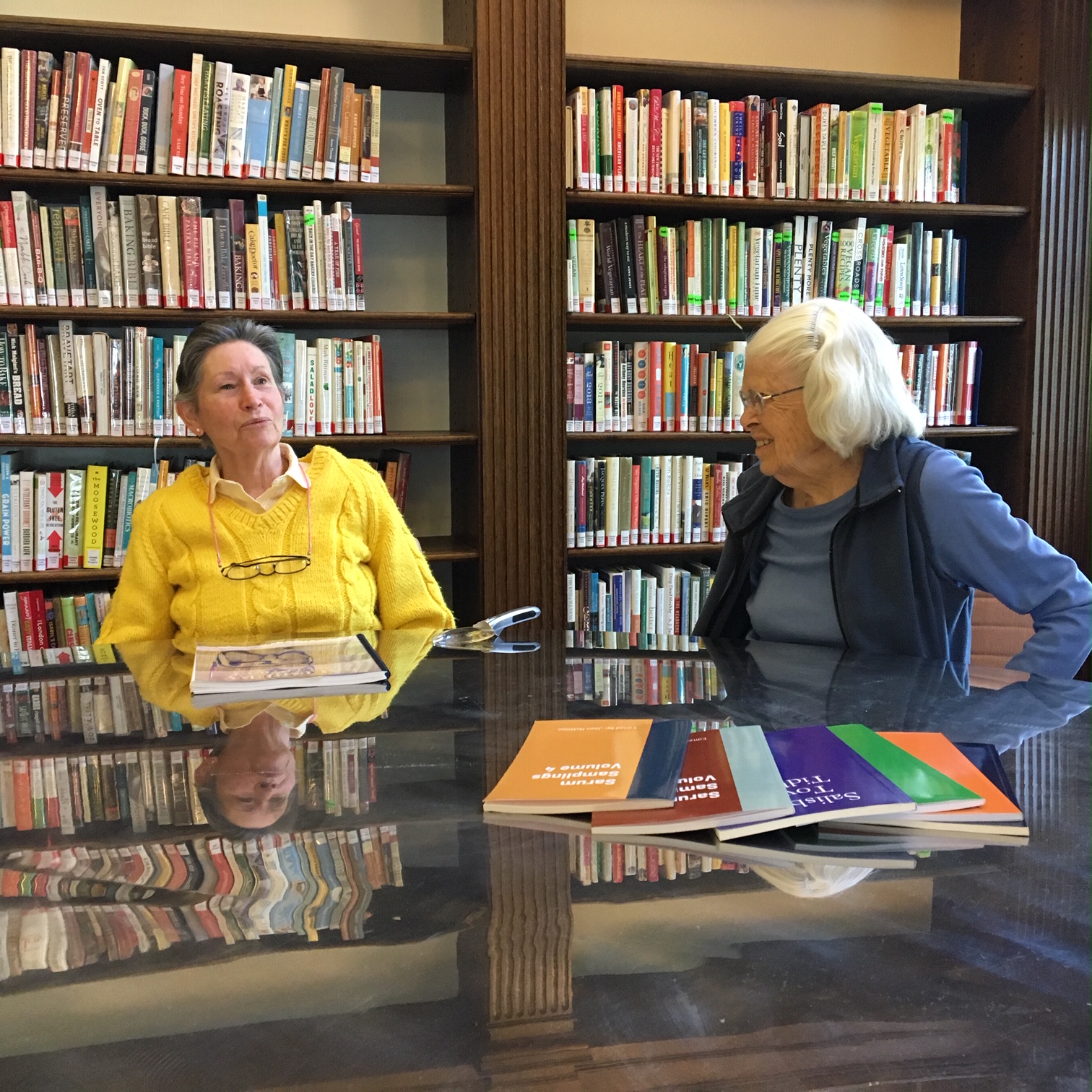
The Town Historian, Jean McMillen, and the Salisbury Association’s curator, Katherine Chilcoat, direct the acquisition, preservation, and use of historic documents and records.
Collections
Artifacts of the Iron Industry
Remnants from Salisbury’s 200 years of iron-making include pig iron, cannonballs, Connecticut’s oldest stove front, and an 18th century cannon.
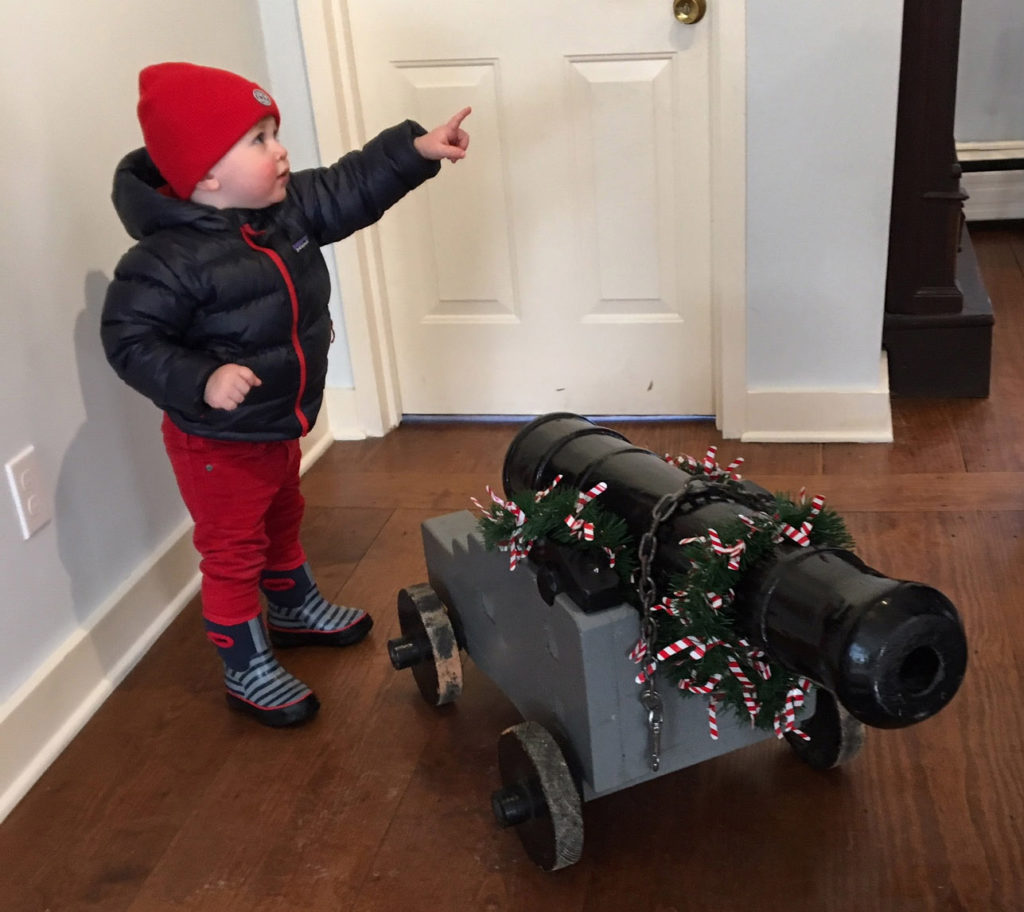
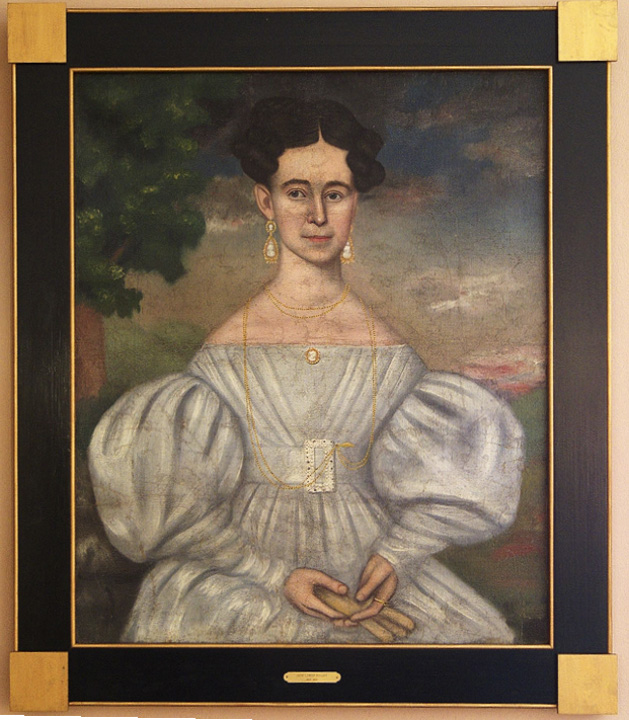
Portraits
Our art collection contains seventeen 19th century American portraits that have been restored and are on display in the Academy Building. The portraits include members of such historically prominent Salisbury families as Miles, Coffing, Holley, Moore, Camp, and Robbins.
The Holley Knife Collection
Among many pieces connected to the Holley Manufacturing Co., which was located in Lakeville, we have a display of pocketknives created for the 1876 International Centennial Exposition held in Philadelphia.
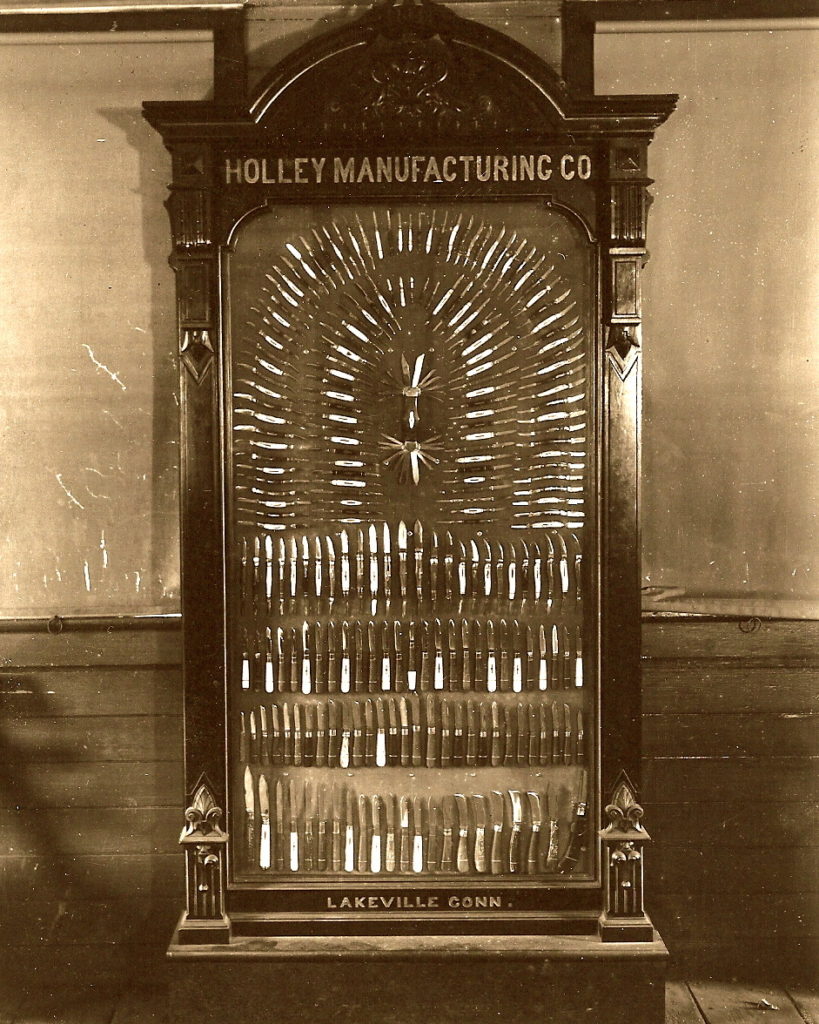
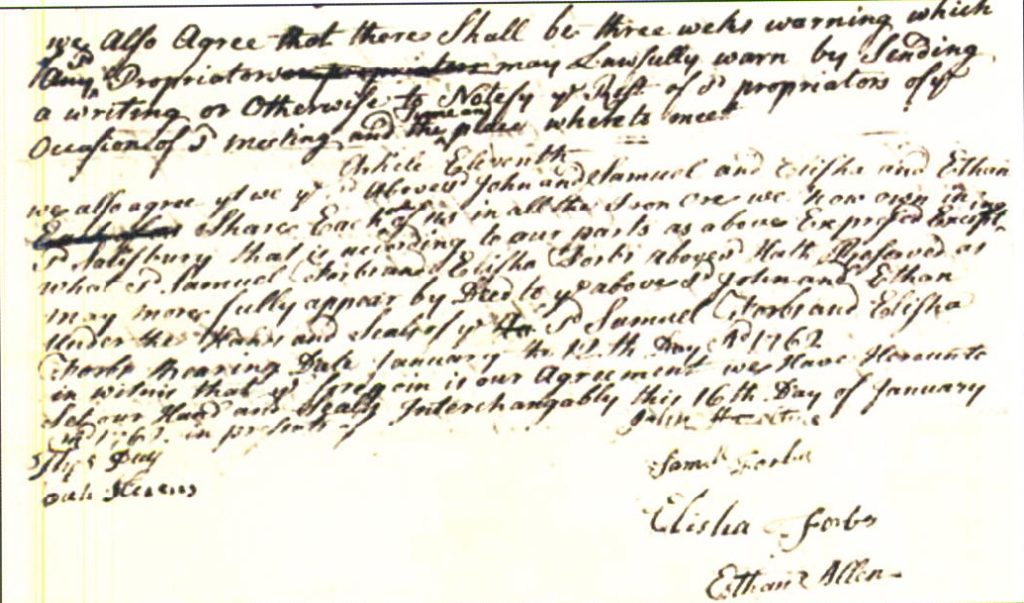
Historic Documents
We have a variety of genealogic and historic documents, memoirs, and oral histories in our collections. To make some of this information available to the public, the Association researches and publishes books covering aspects of Salisbury’s rich history. To view publications available for purchase at the Academy Building, click here.
Maps
Ten historic maps of Salisbury and its towns and villages have been reproduced and are available for purchase at the Academy Building. To view the maps, click here.
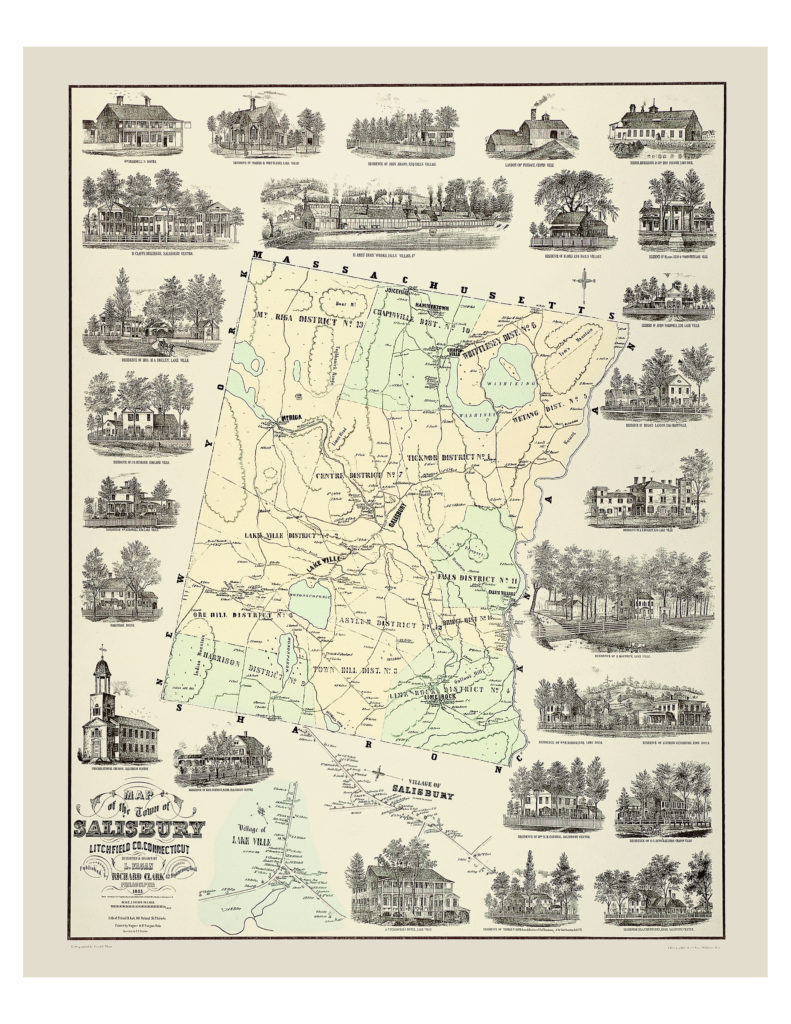
Oral History Project
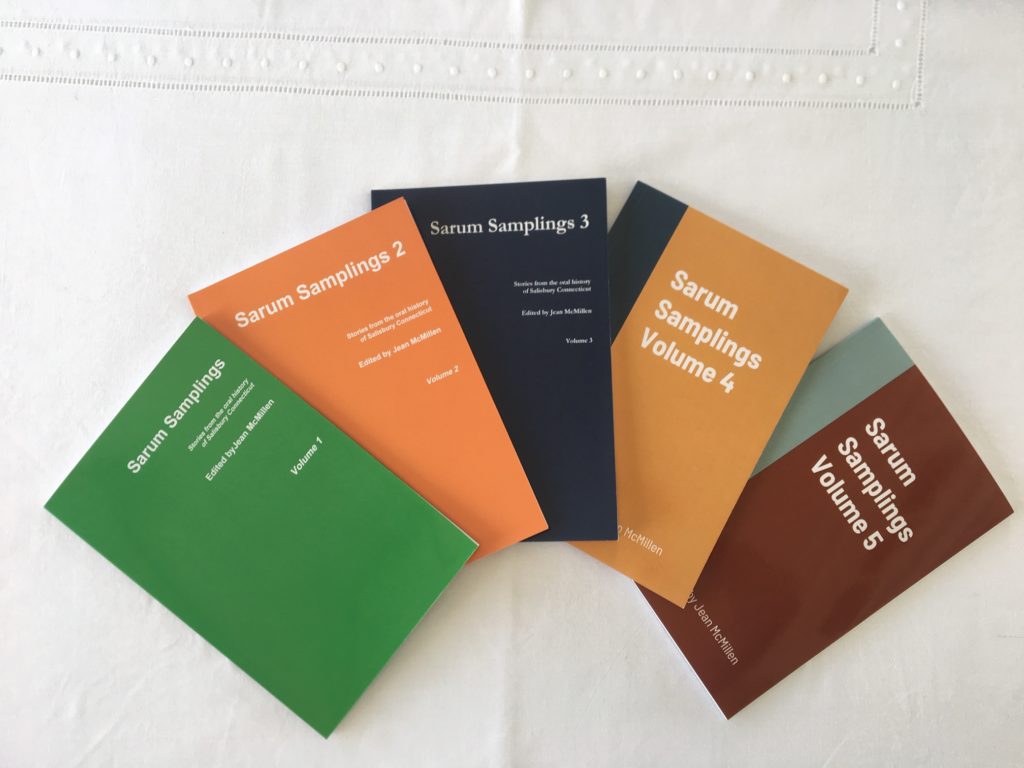
The Salisbury Oral History Project preserves first-hand accounts of life in town. A group of leading citizens, who believed it was important to preserve the memories of older Salisbury residents, began the Project in 1981. They recorded and transcribed 117 interviews.
In 2010 Jean McMillen revived the Project and broadened the base of interviewees. She also created a reference index by topics, such as Families, Buildings, Farms, Railroads, and the Iron Industry.
As of June 2024, 430 oral histories have been completed, all of which have been fully transcribed. New interviews continue to be added to the Association’s website. To hear or read the recollections,
Selected stories from the transcriptions have been consolidated in five volumes titled, “Sarum Samplings,” and are available for purchase at the Academy Building.
How to Donate Items
If you have artifacts relating directly to Salisbury and would like to consider donating them to the Salisbury Association collection, please contact us at info@salisburyassociation.org or come by the Academy Building.
